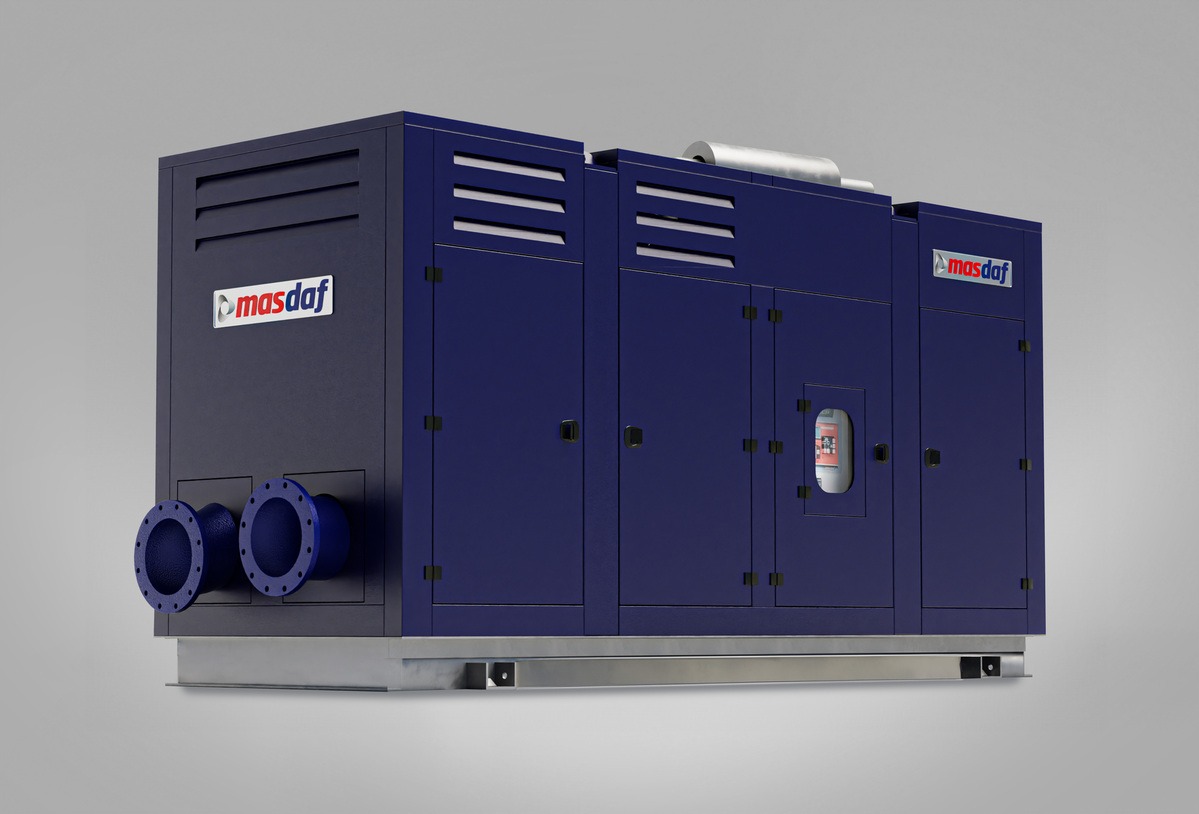Masdaf, Turkey’s leading fluid technologies manufacturer, continues to uphold its environmental responsibilities through a sustainability-focused production approach. In April, the company met 75% of its electricity consumption from the solar power plant (GES) implemented at its Düzce production facility, marking a significant milestone in its transition to green energy.
Founded in 1977 with 100% domestic capital, Masdaf is not only committed to energy efficiency in its products but also in its production processes. By sourcing 75% of its electricity from solar power in April, Masdaf reaffirmed its dedication to sustainability, continuing to invest in initiatives that support a greener future.
Masdaf CEO Erhan Özdemir commented:
“At Masdaf, we develop systems that use energy more efficiently, reduce carbon footprints, and work in harmony with nature, while also raising awareness on these issues. Sustainability is at the center of all our operations, and we strive to take eco-friendly steps in every aspect. Our solar power plant investment at our Düzce facility enables us to reduce our carbon footprint and minimize environmental impacts. In April, we met 75% of our electricity needs from this facility. We will continue such investments as part of our 2030 and 2050 sustainability goals.”
Placing climate action at the heart of its sustainability strategy, Masdaf also supports businesses in reducing energy costs through innovative technologies.
Energy Savings with High-Efficiency Pump Technologies
Pump systems, which account for over 20% of global electricity consumption, are among the most critical components for industrial energy efficiency. Masdaf’s high-efficiency pump technologies provide both energy savings for businesses and contribute to reducing carbon emissions.
Compared to traditional pumps, next-generation pump systems consume 10–30% less energy, offering both cost advantages and environmental benefits. Masdaf’s solutions integrate with variable frequency drives (VFDs) and intelligent control systems, ensuring energy is consumed only as needed. This can result in up to 30% energy savings.


